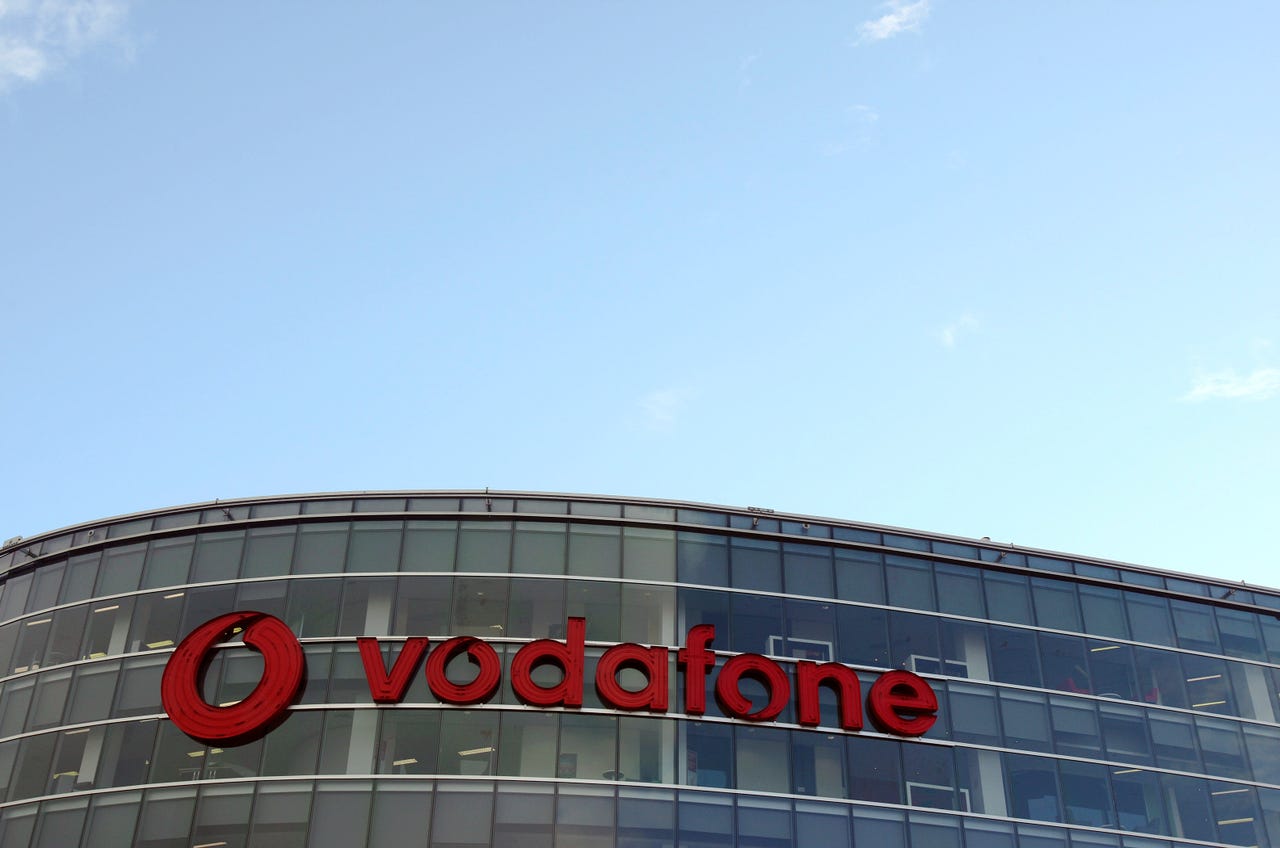































 Image: Getty Images
Image: Getty Images Vodafone New Zealand has announced it will start moving customers using legacy copper landlines -- plain old telephone service or POTS -- onto newer services.
These customers will be moved to voice over fibre, wireless, UltraFast HFC, or copper broadband, with the POTS service to be switched off in April next year, the telco said.
"All Vodafone copper phone customers will have the option to move to a broadband-based calling service to stay connected. Depending on where they live and their personal circumstances, that might be using fibre, wireless broadband, UltraFast HFC, or copper broadband access technology," Vodafone NZ experience and commercial director Joe Goddard said.
The first set of customers that will transition away from legacy copper landlines will be those still using old Spark, previously known as Telecom NZ, copper phone networks.
According to Goddard, this amounts to around 10,000 connections.
Other New Zealand telcos, like Chorus, have also started cutting copper phone and broadband services, with the switch-offs starting last month in areas where fibre uptake is "already high".
Around 5,000 Chorus customers, which comprises less than 1% of the telco's copper network customer base, will have their services withdrawn by the end of the year. The decision to cut off copper networks was in response to the Commerce Commission's final Copper Withdrawal Code being released in December, the telco said.
Across the Tasman Sea, Vodafone Australia brand owner TPG Telecom launched its first sustainability strategy, which is aimed at creating various initiatives for creating a responsible and sustainable business. The strategy features four pillars -- customer wellbeing, environmental responsibility, inclusion and belonging, and the digital economy -- and identifies 20 corporate responsibility and sustainability commitments.
Among those commitments is a vow to implement a "harmonised approach" to gender pay equity across its Australian workforce by 2022 and increase female representation across leadership, STEM functions, and overall workforce in Australia by 2024. The female representation targets are a 45% increase for leadership, 35% increase for STEM functions, and 20% increase for overall workforce. It also said it would increase representation for people identifying as Aboriginal and Torres Strait Islander, LGBTQI+, or with a disability.
TPG has also committed to using only renewable electricity for its Australian operations by 2025, which entails working with suppliers to reduce packaging and increase packaging resource recoverability across products and networks.
In terms of customer wellbeing, these commitments range from developing a customer vulnerability policy or framework, to increasing customer awareness of how to detect scams and theft, to offering services that help educate families and children about how to stay safer online.
 Tags chauds:
Maison & bureau
réseautage
Tags chauds:
Maison & bureau
réseautage